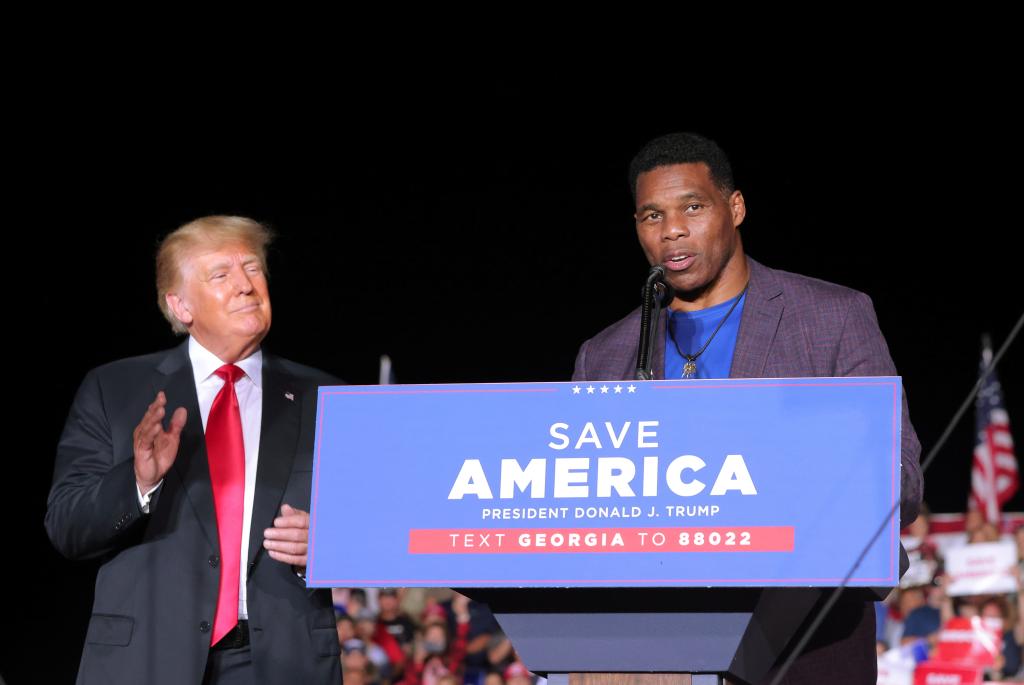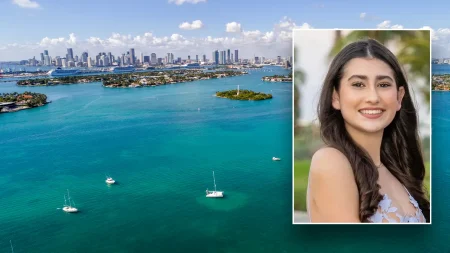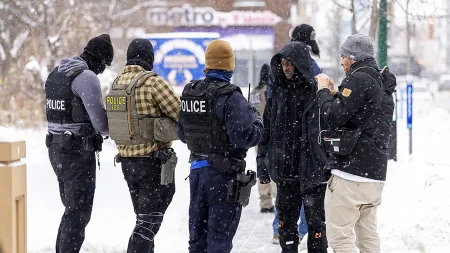Herschel Walker’s journey from the gridiron to the diplomatic arena marks a fascinating transition for the celebrated athlete. His nomination as US Ambassador to the Bahamas by former President Donald Trump underscores not only Walker’s personal relationship with the former president but also Trump’s penchant for selecting individuals with high public profiles for key positions. Walker’s career, marked by athletic achievement, business ventures, and political aspirations, provides a rich backdrop against which to analyze his suitability for this new role.
Walker’s football prowess is undeniable. His Heisman Trophy win at the University of Georgia cemented his place in college football history. His subsequent professional career, spanning 15 seasons in the NFL and including stints with iconic teams like the Dallas Cowboys and the Minnesota Vikings, further solidified his status as a sporting icon. Beyond his on-field exploits, Walker ventured into the business world and demonstrated a commitment to philanthropic endeavors, particularly in youth sports and supporting military veterans. These experiences, coupled with his co-chairmanship of the President’s Council on Sports, Fitness, and Nutrition during Trump’s first term, paint a picture of a man engaged in diverse pursuits beyond the realm of sports.
The nomination of Walker is not without its complexities. His 2022 Senate run in Georgia, while unsuccessful, showcased his willingness to enter the political fray. However, his campaign was marked by controversies and challenges, raising questions about his preparedness for the nuanced world of diplomacy. Despite these concerns, Trump’s unwavering support for Walker is evident in his effusive praise for the former athlete’s character and his belief that Walker will prioritize American interests in his role as ambassador. The selection highlights Trump’s preference for individuals with strong personal loyalty and public recognition, often overlooking traditional diplomatic experience.
Walker’s appointment as ambassador to the Bahamas signifies the importance of the US-Bahamas relationship. The Bahamas, a close neighbor and vital partner in the Caribbean, shares numerous economic, security, and cultural ties with the United States. The ambassadorial role requires navigating complex issues ranging from trade and tourism to drug trafficking and environmental concerns. While Walker’s lack of formal diplomatic training might be viewed as a drawback, his public profile and established relationship with the former president could offer unique advantages in fostering communication and collaboration between the two nations.
The selection of a former athlete with limited diplomatic experience for such a crucial role raises questions about the criteria used for ambassadorial appointments. Traditionally, ambassadorships have been filled by career diplomats or individuals with extensive experience in international relations. However, under the Trump administration, a shift towards appointing individuals with strong personal connections to the president, regardless of their diplomatic background, became increasingly common. This trend raises concerns about the potential politicization of diplomatic posts and the devaluation of professional expertise in international affairs.
For Walker, this ambassadorship represents a new chapter in his multifaceted career. The transition from the sports arena to the diplomatic stage presents a unique set of challenges and opportunities. While his athletic achievements and public persona may provide a platform for engagement, the intricacies of diplomacy require a different set of skills and knowledge. His success in this new role will depend on his ability to adapt to the demands of international relations and effectively represent US interests in the Bahamas.
The appointment serves as a reminder of the evolving nature of diplomatic appointments and the increasing influence of political considerations in these selections. While Walker’s lack of traditional diplomatic experience may raise eyebrows, his unique background and personal relationship with the former president suggest a deliberate choice aimed at leveraging his public profile and fostering a specific type of engagement with the Bahamas. Only time will tell whether this unconventional approach proves effective in advancing US foreign policy goals in the region.










